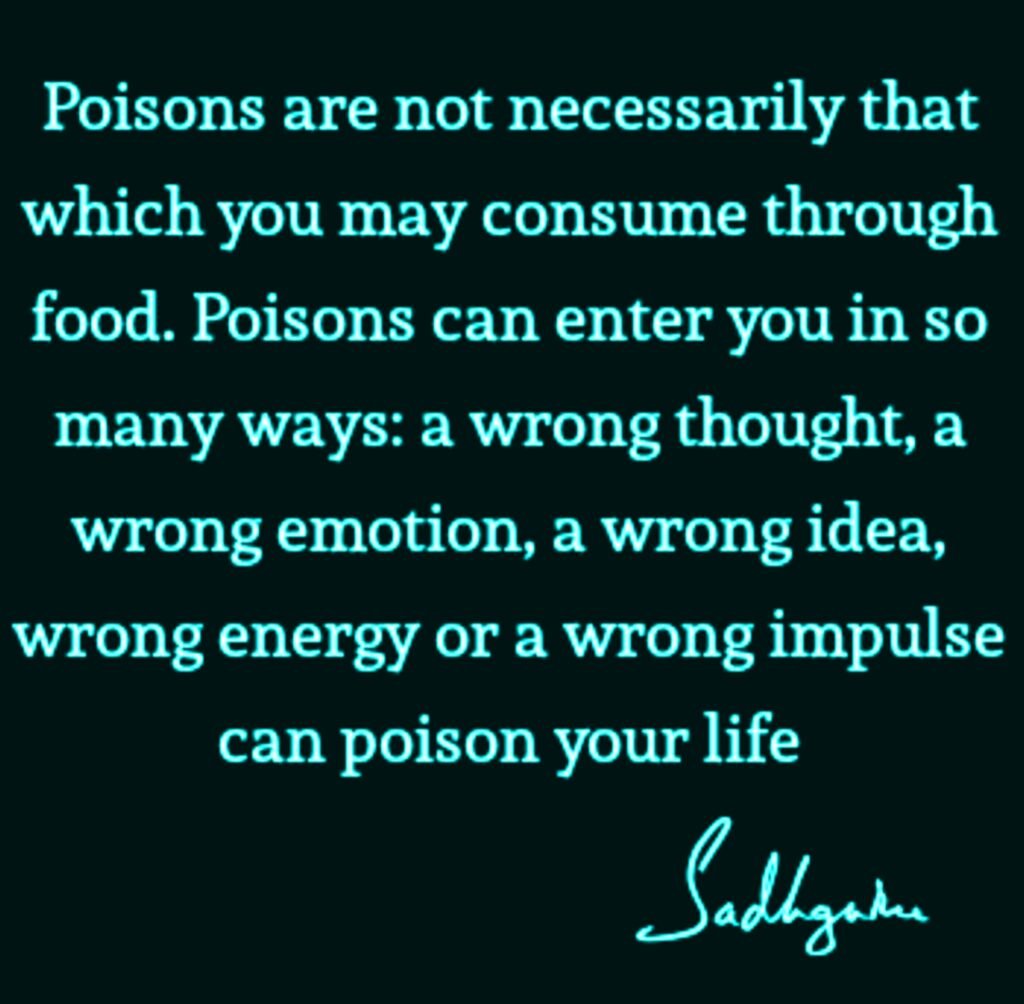
Rise & Grind 👑 🙌🏾
Let’s see if we can identify some real life Kleshas. Because life isn’t always just happening to us, a lot of what we experience comes from internal reactions. Kleshas are sneaky mental poisons that distort our reality and keep us from our truth, by staying in cycles of stress, fear, or craving. Let’s break down this down from both Indian yoga and Buddhist perspectives, and pair them with antidotes that may help us remove some of the smoke, to gain clarity and balance.
1. Ignorance (Avidya / Delusion)
We scroll through social media and compare our lives to carefully curated highlight reels, believing we’re not successful, attractive, or happy enough. This misunderstanding of reality fuels self-doubt and dissatisfaction.
Antidote: Pause and reflect. Practice mindfulness to help us see through illusions and ground ourselves in truth (clarity & balance). Remember, Taoism’s Wu Wei teaches us to align with life as it is, not as we imagine it should be. Unplug, take a moment to breathe, and reconnect with what’s real.
2. Ego (Asmita)
Ever been in a group project and felt the urge to assert, “That was my idea!” when someone else gets credit? That’s the ego stepping in, demanding recognition and ownership.
Antidote: Shift to a collaborative mindset. Practicing the 1st Agreement (Be impeccable with our word) reminds us to focus on truth and integrity, not feeding the ego’s need for validation. Acknowledge the team effort and let go of the need to control the narrative.
3. Attachment (Raga / Greed)
We cling to a toxic relationship because we’re attached to the comfort it provides, even though it’s draining us emotionally.
Antidote: Practice letting go. Heart coherence meditation can help us tune into what truly nourishes us, making it easier to release what doesn’t serve. Reflect on The Four Agreements: Is this attachment causing us to take things personally or make assumptions? Find the courage to walk away with compassion for ourselves.
4. Aversion (Dvesha / Hatred)
We avoid having difficult conversations at work because we fear rejection or conflict, leaving unresolved tension to fester.
Antidote: Face discomfort with grace. Use Wu Wei’s principle of effortless action to approach the conversation calmly and with intention. Remember, avoidance only amplifies the poison; addressing the issue clears the air and strengthens relationships.
5. Abhinivesha (Fear of Death)
We resist taking a leap—whether it’s moving to a new city, starting a business, or ending a stagnant friendship—because we fear change or failure.
Antidote: Embrace impermanence. Energy teachings like heart coherence remind us that transformation is a natural part of life’s rhythm. The 4th Agreement (Always do your best) encourages us to give our all, trusting the process without being paralyzed by outcomes.
The Kleshas show up in our everyday decisions, relationships, and habits, but they don’t have to control us. By identifying these mental poisons and using antidotes like mindfulness, Wu Wei, heart coherence, and the Four Agreements, we can break free from the cycles they create.
Which Klesha feels most familiar, and what steps can we take to dissolve its hold? We’re all in this together. 🙏🏾 🌱


 Bitcoin
Bitcoin  Ethereum
Ethereum  Tether
Tether  XRP
XRP  Solana
Solana  Dogecoin
Dogecoin  USDC
USDC  Cardano
Cardano  Lido Staked Ether
Lido Staked Ether